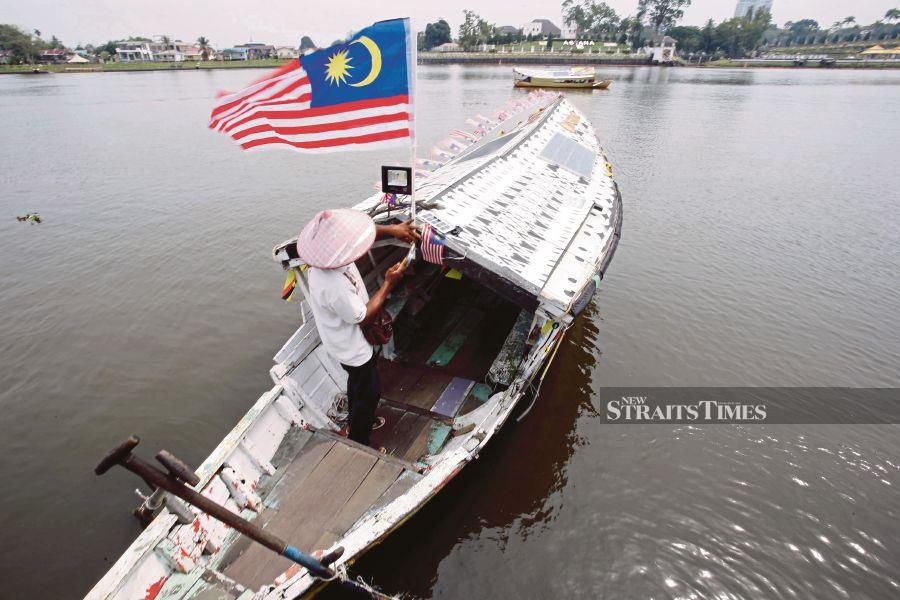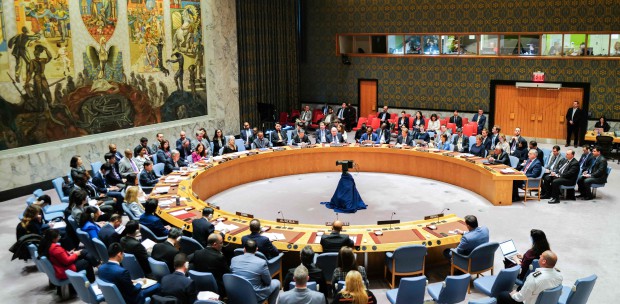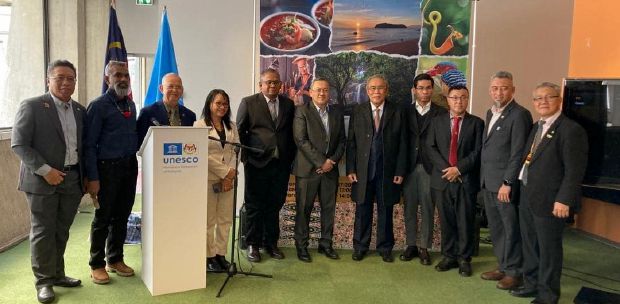National Day celebrations in recent years have settled into a new norm since Malaysia Day was recognised as a national holiday.
The celebrations now extend from Aug 31 to Sept 16.
This is more than mere symbolism. What Malaysians in Sabah and Sarawak crave most is respect from other Malaysians.
What Malaysians in Borneo still have difficulty comprehending is why for so long the day Malaya, Sabah and Sarawak together formed Malaysia, had been a non-event.
What animates many in Sabah and Sarawak today is the tendency to demand of other Malaysians — up to and including the national government — to over-compensate for what is perceived as a gross oversight in not officially acknowledging Malaysia Day until the clamour for it became almost deafening.
The clamour over celebrating Malaysia Day coincided with an awakening of state pride in Sabah and Sarawak.
Such an awakening has led to both states marking the day they gained independence from the British just before forming Malaysia in 1963: Sarawak Day on July 22 and Sabah Day on Aug 31.
It does look like such zeal for state pride still has legs to run.
Both state governments have been wise to play along and even fan such pride and love people have for their respective states.
Even successive federal governments in recent years have seen wisdom in catering to such regional passions.
It was the government under Datuk Seri Najib Razak which committed to the hugely expensive Pan Borneo Highway which, it has to be said, is being fully funded out of federal coffers, unlike the tolled North-South Expressway in the peninsula.
Putrajaya has also been committed to re-negotiating the terms of federation in the Malaysia Agreement 1963, sometimes more in words than in deeds.
The negotiations are ongoing but Putrajaya must be careful not be seen to be again "shortchanging" the Borneo states.
The negotiations must be seen to be conducted in good faith. As is typical of negotiations over new terms of engagement in any federation, finances are a particularly sticky bone of contention.
That said, Putrajaya must genuinely believe that granting further autonomy to Sabah and Sarawak to run their affairs is good and desirable.
If it is shown that Sabah and Sarawak are capable and desirous of managing matters now under the federal purview and that accountability standards can be maintained or even improved upon, decentralisation of powers over such matters must be a no-brainer.
Gone is the time when the East is viewed, at least politically, as the Wild, Wild East.
Indeed, a case may even be made that it is now the Wild, Wild West as far as national politics is concerned and the East, in particular Sarawak, has turned into an oasis of calm and rationality.
Truth be told, there is much more mutual dependence going back and forth across the South China Sea between East and West than either probably let on.
Whereas before there might have been some smug satisfaction that the Centre (based in the West) knows best, now the danger may be of the East's growing hubris over the belief that the West needs it more than the other way round.
As we approach our 60th Malaysia Day, Malaysians from both East and West must sober up to the reality that Malaysia is much more than the sum of its parts and that, therefore, as our national motto exhorts, unity is most certainly our strength.
* The writer views developments in the nation, region and wider world from his vantage point in Kuching






